Our Class List
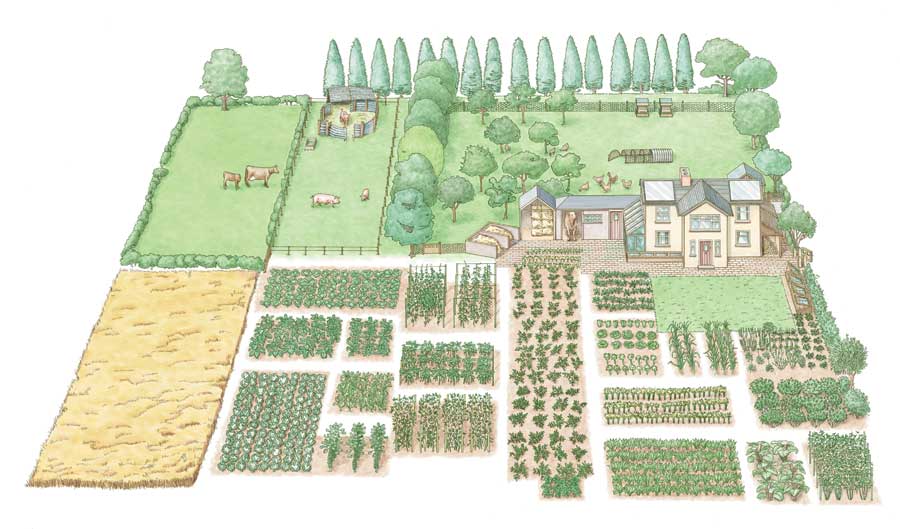
Along with our goals to experiment and teach natural building methods I have two other side goals with our property.
- Learn more about growing our own food.
- Build a real-life, helpful and interconnected community.
We are not farmers but we support farmers. We want to do better though. I think an important part of ‘helping farmers’ is just exposing their work to new eyes. I think there is an awful lot of lashing out at agriculture professionals lately, particularly livestock farmers. It seems to be based on misinformation and misconceptions. We’d like to help change the perceptions. (I think that would make my grandpa, the cattle farmer, proud). We have three ideas we’re working toward:
Classroom
We are currently constructing a nice ‘classroom’ type space for our workshops that we would happily share to help teach others about all things ‘farm/homestead’. I am trying to think of some model where I can share information for free/low cost but still make it interesting and interactive enough to be attended and cover our insurance costs for opening up our property. A venue where farmers can educate about the process of how their goods came to be as well as sell their wares to interested parties. Teaching others so if they want to try it they can. If not, they can at least have access to fresh, local goods.
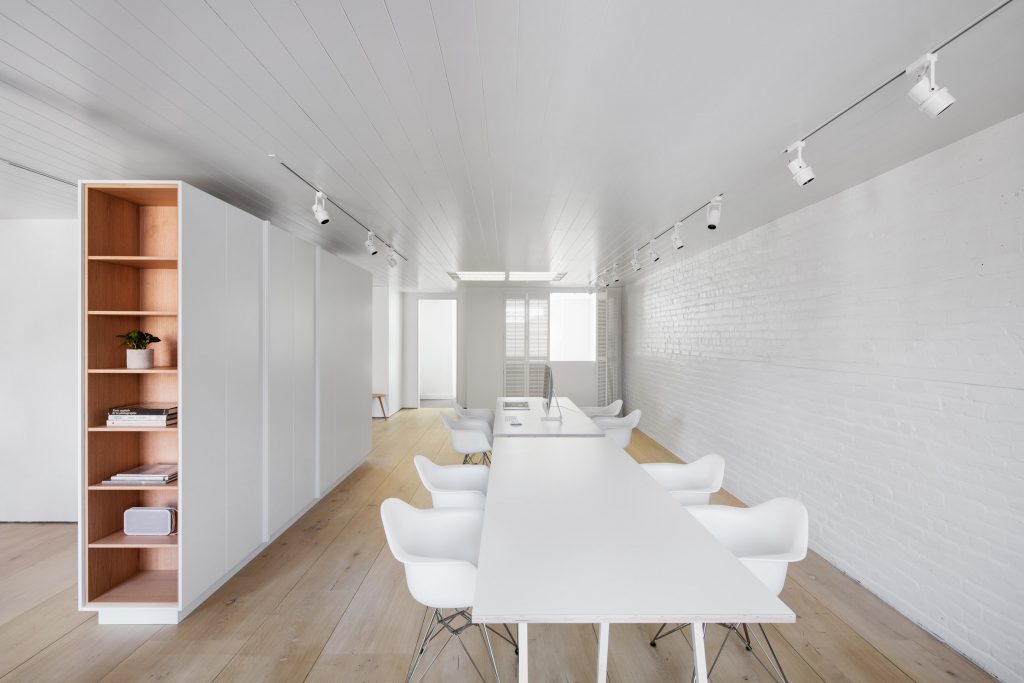
Commercial Kitchen
There are a couple commercial kitchens in the area but I have heard there is more demand than supply. If a small farmer wants to sell a product that needs processed (like cheese or salsa) they have to process it in a commercial kitchen. Often the rent for a commercial kitchen is cost prohibitive (they won’t make as much from the product as it costs to rent a kitchen). Commercial kitchens are fairly expensive. They require permitting, architect drawings and a lot of expensive equipment. James and I can handle the design. The equipment Is too expensive to justify but I can hunt for used equipment. Used equipment is few and far between in the rural areas but our long move from Boise seems to be giving us some time to search for second hand fixtures which are fairly plentiful in Boise. It won’t be too fancy but it will be permitted, functional and available. I am also excited personally to be able to use a bigger set up occasionally for our own food preservation which is pretty packed in the tiny house!
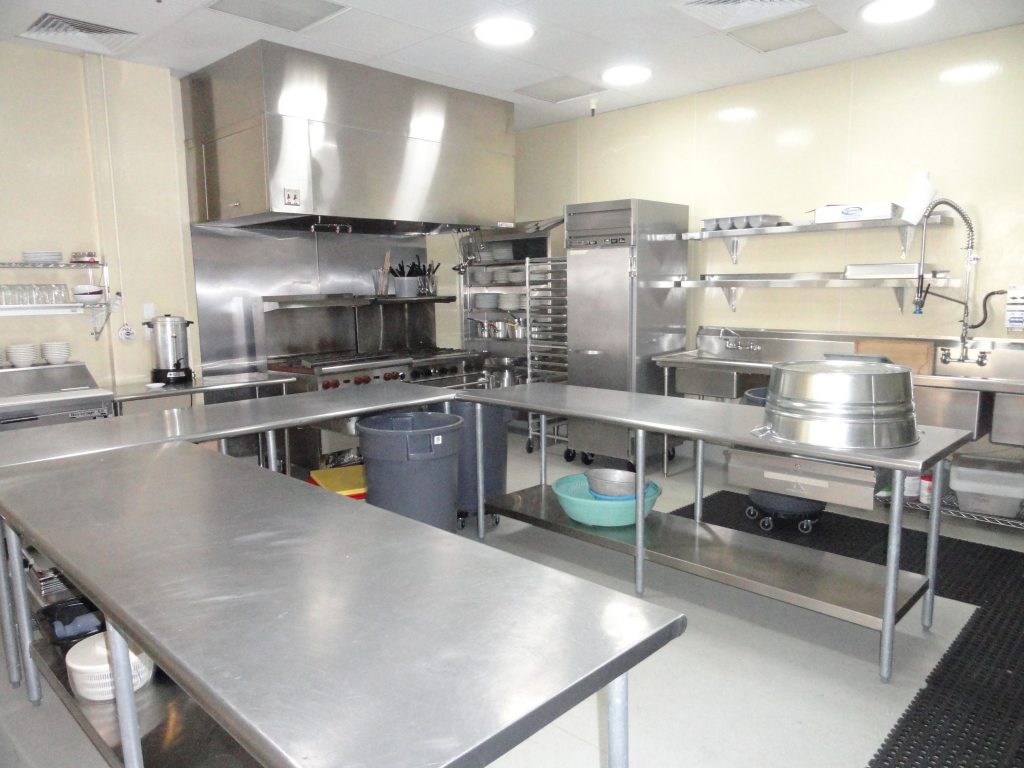
A Venue
In addition to this, (potentially) we’d like to create a ‘venue’ – to be used for farm to table dinners/community outreach ops. Our plan is to build a 16’x36′ greenhouse type space off our barn that could be used year round to showcase meals, farmers, processes, etc. It’s orientation is not ideal for an actual greenhouse however, it would only really be used as an indoor meeting space. James did however get me an avocado tree which may find it’s home in one end of this space…
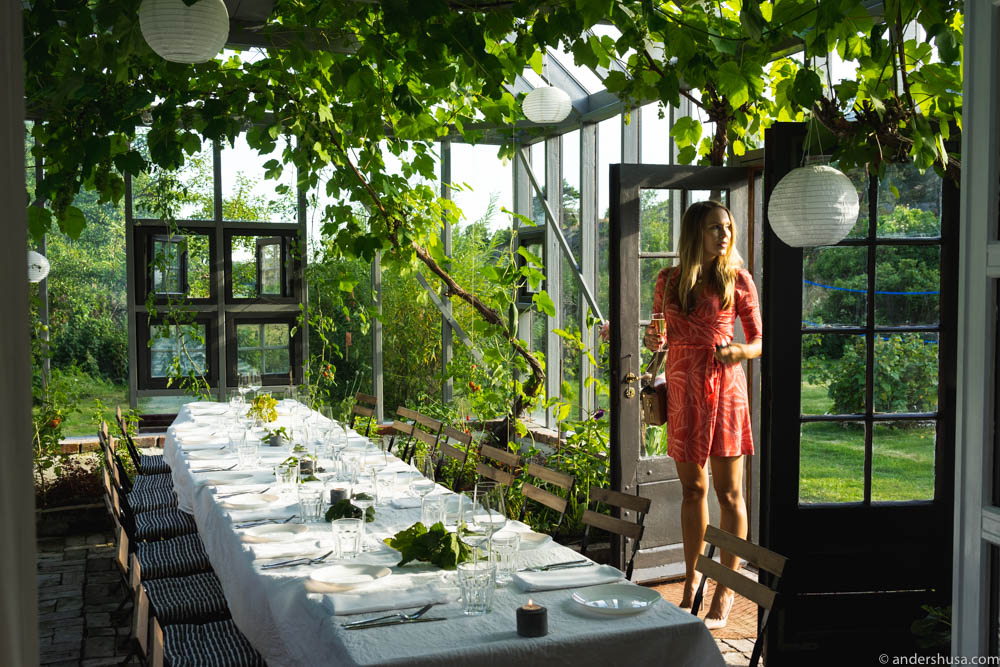
Making it make sense
I am researching different business models for how I can set this up. My main goal is not to make money but to build a community. I need to do it in a way to cover it’s own costs though, while also being beneficial and worth the teacher’s time and easily accessible for new eyes. I think being in close proximity to two universities is a great asset for this venture. I may also need to utilize online platforms but that is yet to be determined.
What will we teach – the fun stuff!
If you have ideas I don’t have listed below I would LOVE to hear them!
Buildings
- Tiny houses
- Rammed earth
- Strawbale building
- Smart home integrations
- Cob building
- Passive design
- Basics of power tools
- Solar power
- Root cellars
- Pole buildings
- Recycling and reuse
- Rocket stove
- Pizza oven
Household & Life Skills
- GMO vs. non-GMO vs. Organic
- Soap Making
- Spinning (wool)
- Sewing
- Quilting
- Knitting
- Home made cleaners
- Cooking
- Bread making
- Composting
- Fence Building
- Beekeeping
- Canning
- Essential oils
- Ag business
- Pond and aquatic life health
- Halter tying
- Cloud reading
- Bow shooting
Animals
- Horses
- Cows
- Goats
- Pigs
- Sheep
- Fowl
- Rabbits
- Processing chickens
- Livestock dogs
- Milking
- Eggs
- Alternative livestock
- Chicken coops
- Pest control
- Animal dental and medicine
Plants
- Intro to gardening
- Root Veggies
- Fruit trees
- Flowers
- Preserving vegetables
- Permaculture
- Mushroom growing
- Tomatoes
- Herb growing
- Natural medicine
- Natural pest control
- Seasonal planting
- Landscaping
- Hay/straw production
Food & Drink
- Cheese making
- Wine making
- Home brewing
- Kombucha
- Mozzarella
- Distilling
- Eating seasonally
- Pasta

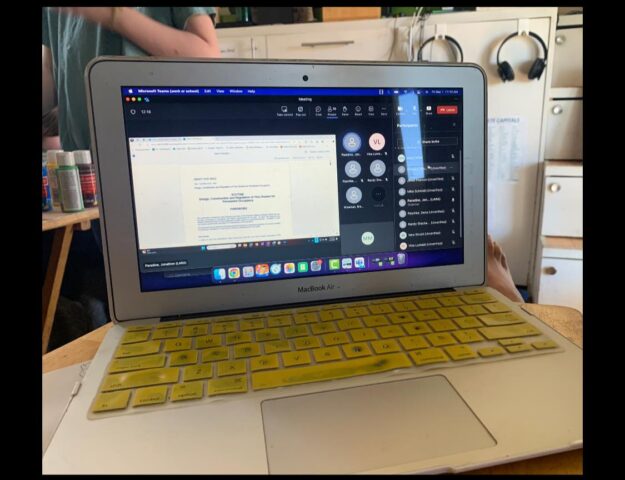
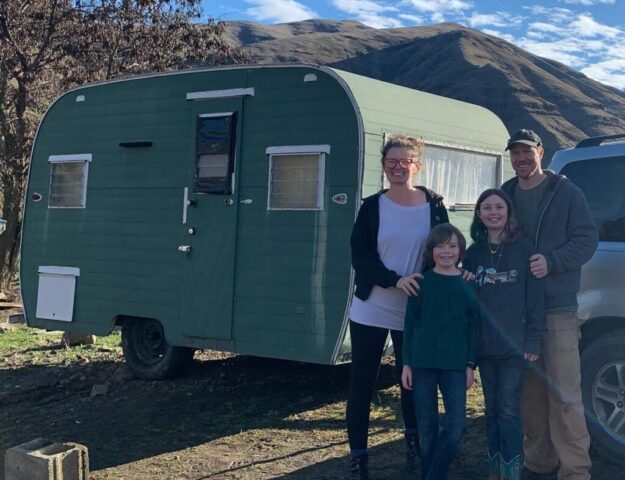
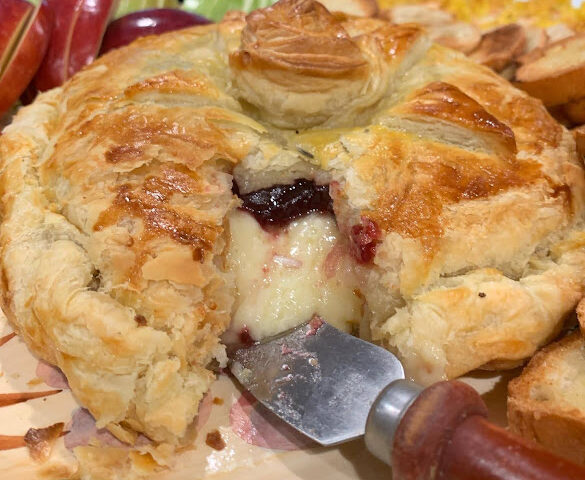
she had a dream . . . and what a dream it was! if Future Farmers of America is active in your area you may be able to access their resources and experience. it’s probably important to stay abreast of latest dept of ag and dept of health regs as well; all these things change on a whim these days. animal husbandry will become important in your planning at some point in time . . . in farming/gardening some plants/crops are compatible and some are not. same goes for livestock i.e. hogs can carry disease which is so persistent that if established may prevent successful hog rearing again for many years. consider interaction of wild vs domestic animals . . . predatory creatures in your area? maybe get input from local veterinarians re safety/health concerns of animals. include first aid training in your education planning . . . for people and animals. be sure to plan for pollinators i.e. bee hives; bird houses; accessibility to water and brush piles for shelter etc to ensure positive natural habitat. discourage mowing and avoid planting invasive species; retain as much natural life as possible i.e. native wild flowers etc. will fencing be necessary? how about hiring staff? it’s a strange thing: how dreams have a life of their own . . . isn’t it? 🙂
FFA is a great idea!! You always bring up so many great points that I need reminded of! All of your words are perfect, I’m adding to my lists, thank you, thank you!
So many great ideas! I admire your energy and creativity. Have you heard of Carla Emery? Over 50 years ago she toured a lot of the street fairs selling her home-mimeographed book about country living, and even had a school on her property in Idaho for awhile. A friend and I bought her book and made feeble attempts at back-to-the-land living. She had more enthusiasm than expertise, however, but I noticed her updated book is still available in my local library. Your plans seem a great deal more realistic and useful. I look forward to seeing how they develop.
I HAVE heard about her and it’s recently been pointed out how many times she’s crossed paths with mine and James’s lives, separately! I bought her book over 10 years ago one of very few hardcopies I keep around. James had some loose leaf papers from her book and when he was 12 he ran away from home and tried to live off the land. They found him 5 days later in Califorina (left from Idaho), doing just fine :D. That’s not even the weirdest stories we have that she went along for, we didn’t know it was all her until recently. I posted in a Palouse group and several people knew her personally, she used to live very close to our new property. Her daughter apparently lives in Boise off grid, too. Lot’s of parallels! I am fascinated by just how much she infiltrated the country!